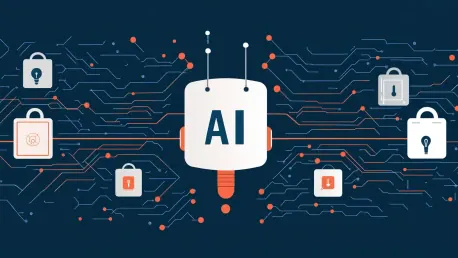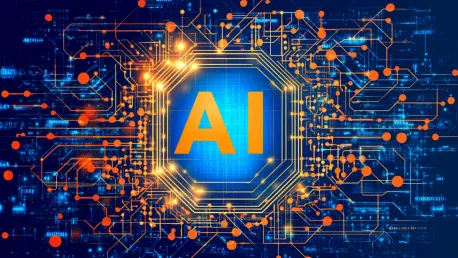
Artificial intelligence (AI) is rapidly advancing, bringing both excitement and concern. As AI technologies like ChatGPT, Gemini, and Dall-E become household names, the debate over how to regulate these innovations intensifies. Policymakers at both federal and state levels are grappling with the

The Vatican City State has taken a significant step in the field of artificial intelligence (AI) governance by introducing its first decree titled "Guidelines on Artificial Intelligence," which took effect on January 1. This decree, established by the Pontifical Commission of Vatican City

Video surveillance systems have evolved from simple security tools to comprehensive intelligence solutions that support various organizational functions. These systems now play a crucial role in improving operational efficiency, refining sales and marketing strategies, and enhancing overall

In the ever-evolving world of technology, companies today are facing unprecedented challenges in software security, particularly with the rapid advancements in artificial intelligence (AI) and machine learning. The latest Building Security In Maturity Model (BSIMM15) report from Black Duck Software

Artificial intelligence (AI) is rapidly transforming industries and societies, offering unprecedented opportunities and presenting significant challenges. As we look ahead to 2025, the governance of AI is expected to evolve in response to technological advancements, ethical considerations, and

The financial and regulatory landscapes are undergoing significant transformations, driven by advancements in artificial intelligence (AI) and blockchain technologies. As businesses strive to navigate complex regulatory environments and enhance their financial transaction processes, two notable